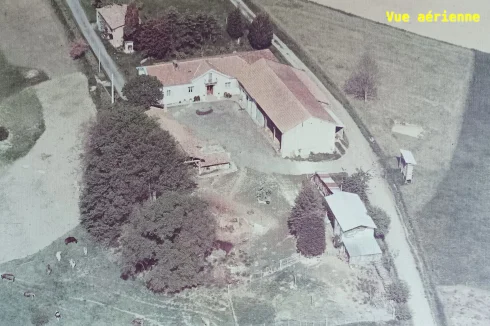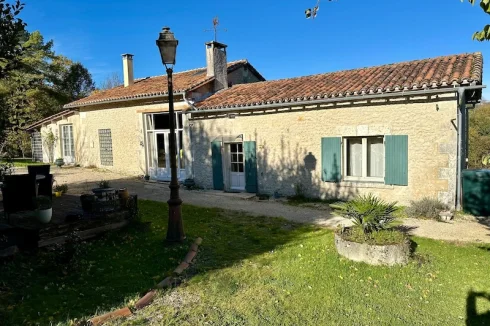Electricity Price Rises Turn Off Consumer Groups
Friday 02 August 2013
With electricity prices set to rise significantly over the next few years, consumer groups in France are demanding greater transparency.
Last month the government announced that regulated electricity prices would rise by an average of 5% from 1st August, with a further increase of the same amount in 2014, and potentially the same for 2015. These are the largest increase in 10 years.
In the small print of the announcement the government stated that the rise would be less for households with a power supply no greater than 6kVa, although the actual amounts have yet to be published. The majority of households in France have a supply capacity less than this threshold.
The increases are substantially below those recommended by the energy regulatory authority, the Commission de régulation de l'énergie (CRE), who stated in June that prices should rise by between 6.8% to 9.6% this year plus 7.8% next year to make up for insufficient increases granted in previous years. The CRE have repeatedly stated that an increase of around 30% is needed over the period 2012 to 2017, primarily in order to extend the life of ageing nuclear power stations and invest in green energy.
In commenting on the proposed prices increase, Bernard Caseneuve, the Minister of Budget stated that, "In recent years the measures were not taken concerning the mobilisation of funds necessary for indispensible investment to secure the future of our energy supply. The precautions were not taken concerning the nuclear power stations, for example. And it is this delay that today it is necessary to now recover over time."
Nevertheless, the announcement angered consumer groups, who consider that the increases proposed by EDF are less the result less of technical necessity than it's dominant position in the market.
There is widespread criticism of the apparent lack of control of the running costs of EDF, whose staff enjoy conditions of service (including hugely discounted electricity) that are the envy of almost every other employee in France. These costs were recently highlighted by the government auditor, the Cour de Comptes.
Que Choisir, the consumer group stated that "EDF salary increases have been higher than inflation and, more broadly, of the wages of all French households. Similarly, the exponential increase of 30% in commercial costs since 2006 cannot fail to pose questions... In short, in the absence lack of verification consumers are signing a blank cheque."
Another consumer group, the Consommation, logement et cadre de vie (CCLV) commented that "during a period of crisis, when energy bills have a strong impact on the standard of living of families, it is even more important the dominant energy operator controls their costs. The State, as majority shareholder in EDF, must play a more active role in this regard."
The CCLV claim that the figures used by the CRE to arrive at their conclusions are based almost entirely on information provided by EDF. The CRE have no control over electricity prices and admit that they do not have the resources to be able to undertake an independent audit of the figures provided by the electricity giant.
The consumer groups consider that EDF should be channelling more of their profits into financing investment rather than distributing each year over 50% of its profits in dividends. EDF itself is 84% owned by the State, which receives around €2 billion a year in dividends from their shareholding.
Despite the criticisms of the consumer groups,somewhat ironically, most of the profits to pay these dividends comes from investments outside of France, whilst the regulated prices it is obliged to charge French consumers actually means EDF makes a loss each year on its domestic operations.
In addition, at a time when electricity prices elsewhere in Europe are rising substantially, electricity prices in France have been moderated to a 14% increase since 2003 and continue to remain amongst the lowest in Europe.
According to the EU statistical agency Eurostat, French consumers benefited from an average price of 14,2 centimes per KWh in 2011, against 18,4 within the European Union, and 15.8 centimes KWh in the United Kingdom.
However, many French households pay a higher monthly charge in electricity than consumers elsewhere in Europe due to the poor level of insulation in many homes.
Next Article: Vineyard Prices in France 2012
Thank you for showing an interest in our News section.
Our News section is no longer being published although our catalogue of articles remains in place.
If you found our News useful, please have a look at France Insider, our subscription based News service with in-depth analysis, or our authoritative Guides to France.
If you require advice and assistance with the purchase of French property and moving to France, then take a look at the France Insider Property Clinic.





